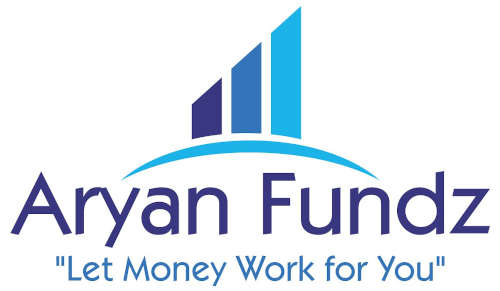Source/Contribution by : NJ Publications
For many Indians, financial worries are a part of life. Being a developing economy with a very large population living without adequate financial resources, financial anxiety is like a part of life. The largely middle-class families of India have high aspirations and dreams but often feel frustrated and hope of breaking off from the vicious cycle of living hand to mouth.
Financial Stress?
It is at the next level of the situation described above. It is an abnormal situation arising out of something unexpected or a situation which was foreseen but now has aggravated. Events like loss of a job, a medical emergency, loss from business, losing your investments, theft of property, etc, may give rise to your financial troubles. Further, situations like funding for child's education, marriage plans, etc for families without an adequate and stable source of income can also come as financial stress. These are only some of the instances/situations and there can be many more reasons for getting into financial stress/troubles.
The Way Out:
Obviously, the one thing one desires with financial troubles is to get out of it as early as possible. However, being in stress, it is not easy. Perhaps a helping hand, a guide, a logical way out would be of great help to those who do not know where to start. Your financial awareness and discipline will be tested here. We present our own version of the step-by-step guide to find your way out of your financial troubles. We hope that readers can not only use it during stress but also during better times to avoid getting into any more trouble.
-
Get in the right frame of mind: The first thing one has to do is to get into the right mental frame for tackling the problem. This is not as easy as a lot of negative thoughts may be coming to your mind. However, remember that there may be people who have faced much more and have come out of it and nothing will stop you from coming out of this temporary situation. Only you have to believe that it is possible and would require your focus. You have to be positive, committed and focussed on resolving your troubles.
-
Identify stress points and root causes: You have to be honest about everything first. A lot of financial trouble happens when we ignore and reject early warning signs and do not take remedial actions before time. The more honest and realistic you are, the better are the chances of success. With this honesty, one would expect you to first list all your stress points and the root causes behind them. What were the decisions or habits or events that led to such problems? What were the mistakes you did in past? What are the key and immediate concerns/challenges before you? These are the questions you need to answer.
-
List out financial priorities and solutions: The next step is to think and list out the solutions you need that will resolve your troubles. This may take some time or no time at all. Your possible solutions would come from your own situation. The solutions will also give an idea of the decisions you need to take to get back control of your financial life. The list will also need to have priorities attached to every important decision or action plan. This blueprint of priority will be in line with the financial priorities you have.
Generally, getting out of debt should be the first priority and one should even consider extreme solutions to resolve the same. For eg., if you have an expensive car loan, can you not sell your car and repay the loan? If you have a loss-making business, can you not sell some equity/ bring in a new partner? Can you not sell/lease your the idle jewellery lying at home to get more finances? Be open-minded and explore all possible solutions at your hand.
-
Stay out of any more trouble: This is very obvious, isn't it? If things are not going your way, please do not take more risks. If possible, avoid creating more situations or bringing more complexity to your already stressed finances. Go very conservative on your risk appetite during such periods. If few decisions are unavoidable, try to delay/push the decisions further into the future.
-
Execute and review your plans: Having a plan is one thing but executing it diligently is another challenge altogether. One has to execute the plans ruthlessly, without compromise and within defined time, dates. Treat this as a business challenge or a game that you need to win at any cost. Make no delays, compromises to do what is required to be done. Once you overcome your temporary situation, you will have ample time to think about your priorities and make up for the hard decisions you took.
On preparing your action plan and solutions, remember that If you are serious about resolving your finances, you will not shy away from making hard decisions. Do not think what your family, friends or neighbours will think of your decisions. If your social stature is dictated only by your money power, it is the least you should care about.
-
Consult your financial advisor: The last piece of advice is to engage your financial advisor and ask him/her to help you out. If you do not have a financial advisor, we advise that you look out for a good one. The importance of a financial advisor cannot be over-estimated. He will bring in his valuable insights, experience, knowledge and a ready action plan to resolve your issues. Those with long-standing relationships with good financial advisors rarely fall into financial troubles.






